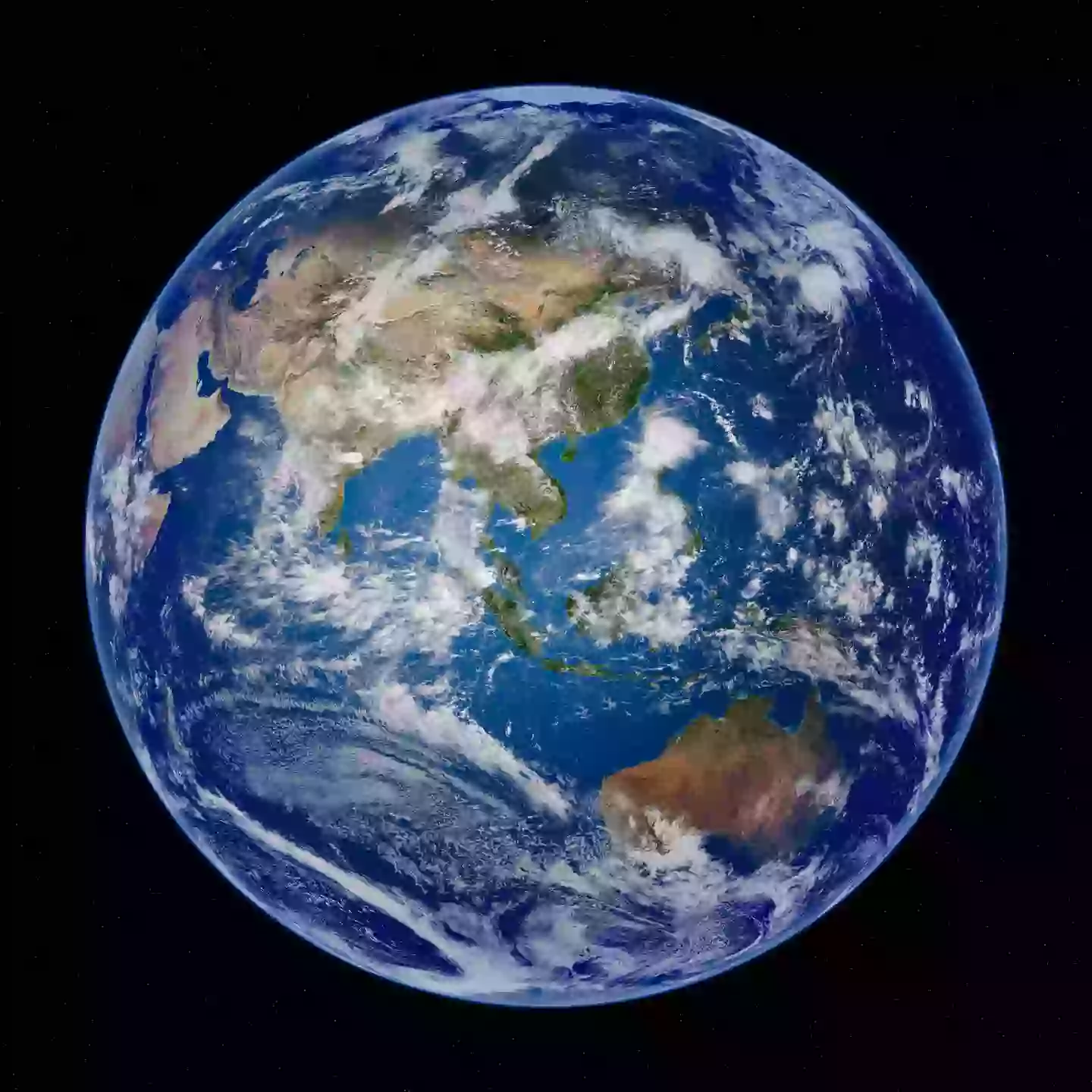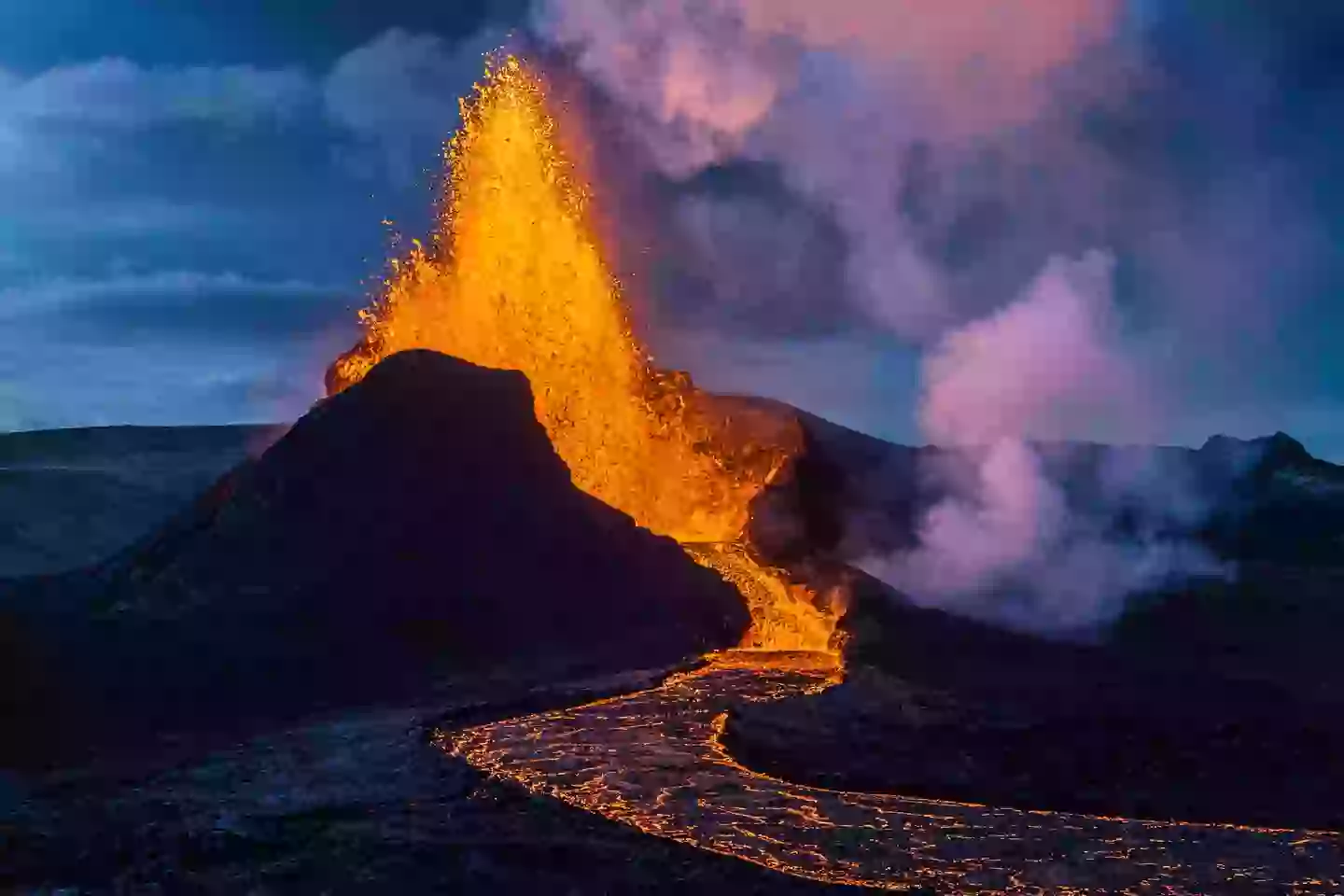
While the cutting edge of scientific research often brings with it welcome innovations and inventions, from groundbreaking new medical cures to huge steps forward in computing, it can also be a slightly pessimistic place.
After all, if you look far enough into the future to try to work out what'll happen to our planet, you might not like what you see.
That might be as far away as the eventual absorption of the entire planet into our steadily growing Sun, but there are also some less-than-rosy periods to come in the millions of years before that point.
Advert

Researchers at the University of Bristol, in fact, published a paper late last year arguing that they've figured out how most life on Earth will actually end.
Their prediction used a supercomputer to crunch all sorts of geological and atmospheric data, and the results it spat out hinge on tectonic plates - the massive shelves that make up the surface of our planet. They're slowly but steadily moving, and according to this research, they'll eventually all merge together to form one massive supercontinent.
It's named Pangea Ultima, after the first Pangea which split into our current continents hundreds of millions of years ago.
Advert
Speaking about the results, Dr Alexander Farnsworth from the research team explained: "The newly-emerged supercontinent would effectively create a triple whammy, comprising the continentality effect, hotter sun and more CO2 in the atmosphere, of increasing heat for much of the planet."
It sounds like this would make for one massive, incredibly arid area of climate, with typical temperatures hovering between 40 and 50 degrees Celsius, combined with high levels of humidity.
This humidity would mean that our ability to sweat - bringing our temperatures down - would be hugely curtailed, something that the team believes would also impact most mammals.
Somewhere between eight and 16 per cent of the overall landmass of Pangea Ultima would be habitable, the study says, but even this would be a brutal environment to live in.
Advert

The meeting of tectonic plates could also cause a huge and prolonged spike in volcanic activity (and the formation of new, huge volcanoes), if everything else wasn't enough.
If that all sounds like an avalanche of bad news (and it does), there are actually a few silver linings.
Firstly, the research says this will all happen in around 250 million years, which is so far in the future that it's almost hard to really conceive of it.
Advert
Secondly, this actually means that humanity has a long time to get ahead of things. That might mean space colonies and Mars bases - with so many years to go, it's anyone's guess exactly how our civilization will manage to eventually leave Earth behind.